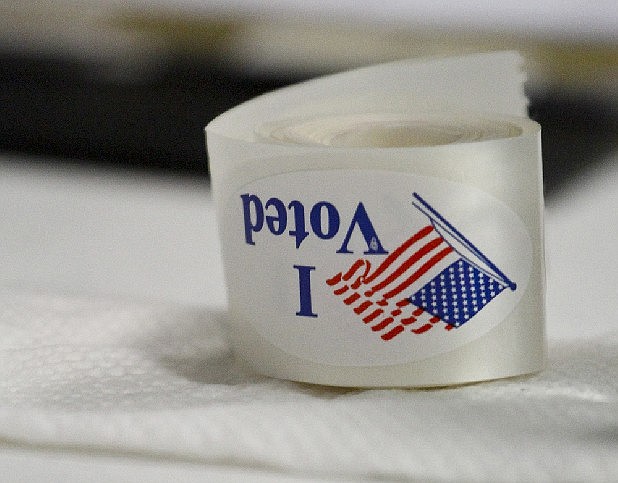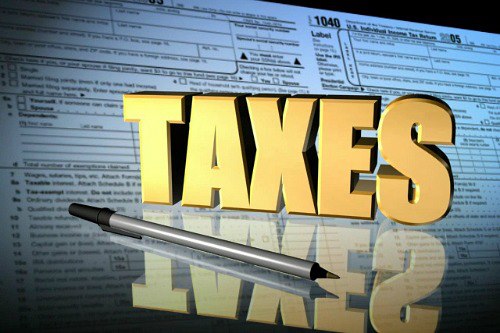NASHVILLE - Tennesseans are getting ready to vote on a proposed constitutional amendment that would bar lawmakers from ever imposing a state income tax.
Early voting for the Nov. 4 election starts Wednesday, but no matter what voters decide, it's unlikely that Tennessee lawmakers would seriously consider an income tax because it's become such a toxic political issue.
"I'm not certain there's a huge impact because I don't think there's going to be an income tax in Tennessee regardless of whether the amendment passes or not," Republican Gov. Bill Haslam recently told reporters. He said he would vote for the amendment.
The last serious attempt to impose a state income tax failed in 2002 amid raucous Capitol protests that included a brick being thrown through the window of the governor's office and demonstrators banging on the doors of the Senate chamber while lawmakers sought to conduct their business within.
The Legislature instead passed a 1 percentage point increase to the state's sales tax rate to generate $933 million in new revenue, which was the last time the state passed a general tax increase.
The income tax was championed by then-Gov. Don Sundquist, a Republican, joined by Democratic leadership in the Legislature. The public backlash against the proposal led several supporters to retire from office or to their defeat in re-election campaigns.
Republicans, who now hold supermajorities in both chambers of the Legislature, have since voted to phase out the state's inheritance and gift taxes, and are also taking aim at reducing or eliminating the Hall tax on interest from bonds and notes and dividends from stocks.
As for the constitutional amendment, it says "the Legislature shall not levy, authorize or otherwise permit any state or local tax upon payroll or earned personal income or any state or local tax measured by payroll or earned personal income ...."
It also says the prohibition does not apply to "any tax in effect on January 1, 2011, or adjustment of the rate of such tax." That provision allows continuation of the state's Hall tax.
State Sen. Brian Kelsey, a Germantown Republican, sponsored the resolution putting the amendment on the ballot and heads the "Yes on 3" committee urging its ratification. He said not having an income tax makes Tennessee "more fiscally responsible" and that permanently banning one would appeal to businesses.
"Not having an income tax has already brought jobs to Tennessee, and permanently banning an income tax will bring even more jobs to the state," Kelsey said.
However, opponents against the permanent ban say it removes a revenue option the state may need in the future.
"The idea that we're going to have a constitutional prohibition against an income tax of any kind forever and ever, just doesn't seem to be wise," said Dr. John Gnuschke, director of the University of Memphis Bureau of Business and Economic Research. "We never know what's going to happen in the state of Tennessee; when they're going to need money, and under what circumstances."
Dick Williams, who heads "Citizens for Fiscal Sanity" against the amendment, said such a ban could mean a higher sales tax or increased taxes on food if future revenue is needed.
"Passing this inevitably leads to double digit sales tax increases and other fees, charges that actually hit working families more so than an income tax would," he said.
A recent study from ratings agency Standard & Poor's suggests that rising income inequality has a stronger negative effect on the states most reliant on sales tax revenues compared with those more dependent on income taxes.
The S&P report that the affluent tend to save a greater share of their income and spend it on untaxed services, meaning that states are unlikely to see much of an increase in sales tax collections based on the gains among this group.
"Tennessee's revenues are lacking ... and nationally incomes have grown," said Malcolm Getz, associate professor of economics at Vanderbilt University. "I think keeping open the option of an income tax is a sensible choice for any state."

